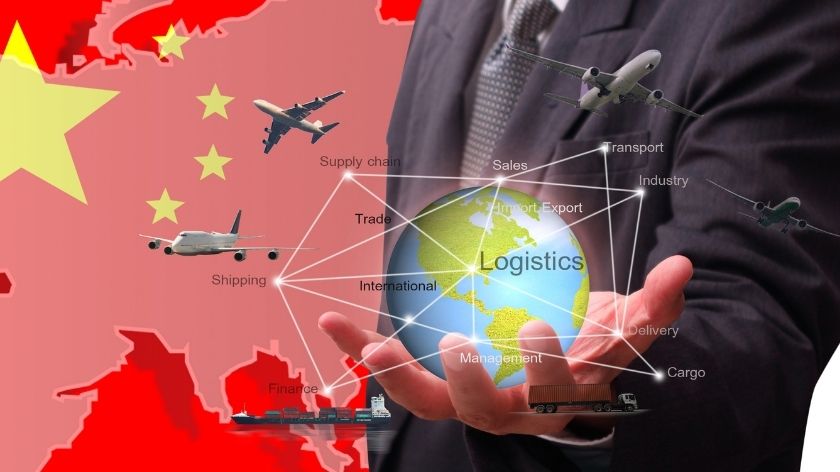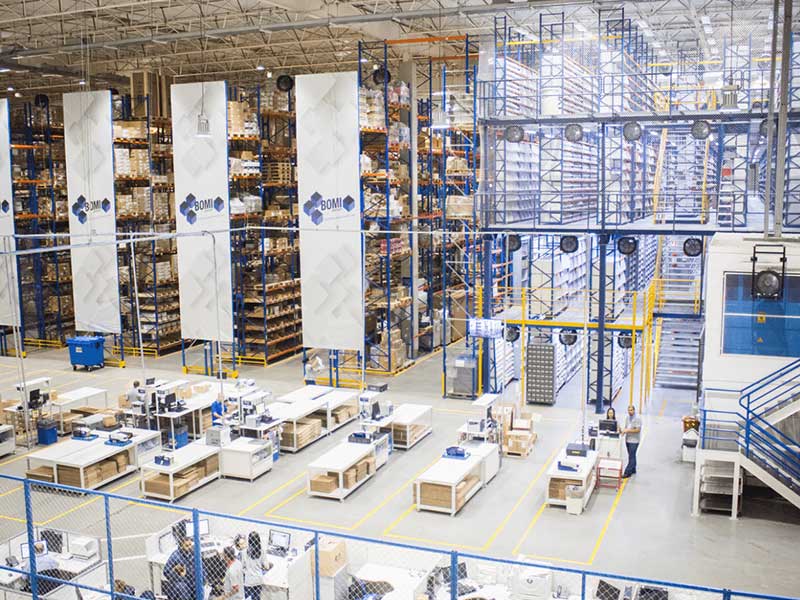
What are the coolest Benefits of not made in China products? Some businesses that manufacture their products in China are starting to worry about how the current economic turmoil and uncertainty might affect their operations. Therefore, you should review the benefits of not made in China products, to assess why products from China are underrated and unpopular in the world.
The Best Benefits Of Not Made In China Products

Improving Quality
Improving quality is one of the benefits of not made in China products. There are several reasons why some people believe that products made in other countries may be of higher quality than those made in China:
- Manufacturing expertise: Some countries have a long history of expertise in certain industries, such as precision engineering, textiles, or woodworking. This expertise can result in products that are of higher quality and better designed than those made in countries where the manufacturing industry is less established.
- Quality control: Some companies in certain countries have a strong emphasis on quality control and take great care to ensure that every product that leaves their factories is of the highest possible standard. This can result in products that are more reliable and have fewer defects than those made in countries where quality control processes may be less rigorous.
- Materials: The quality of the materials used to make a product can have a significant impact on its overall quality. Some countries may have access to higher-quality raw materials than others, which can result in products that are more durable, more attractive, or more functional.
- Competition: Competition between manufacturers in different countries can drive innovation and result in better products. When companies in different countries are vying for market share, they may invest in research and development, improve their production processes, or offer better customer service to gain an edge over their rivals. This can lead to better products overall, regardless of where they are made.
Reducing Dependence On China

Reducing dependence on China is another one of the benefits of not made in China products. There are several reasons why reducing dependence on China may be desirable:
- Geopolitical risks: China’s rising economic and military power has raised concerns among some countries about its geopolitical intentions. Dependence on China for critical products and services can increase vulnerability to potential disruptions, such as trade restrictions or cyberattacks.
- Trade imbalances: Many countries, particularly the United States, have large trade deficits with China, meaning they import more goods from China than they export to China. Reducing dependence on Chinese imports can help to reduce trade imbalances and promote more balanced trade relationships.
- Diversification of supply chains: Dependence on a single country for critical products and services can increase the risk of supply chain disruptions. By diversifying supply chains and sourcing products from multiple countries, companies can reduce the risk of disruptions due to political, economic, or natural disasters.
- Intellectual property theft: There have been concerns about China’s practices related to intellectual property theft, which can undermine innovation and harm companies in other countries. By reducing dependence on Chinese products, companies may be able to reduce their exposure to these risks.
- Human rights concerns: There have been concerns about human rights violations in China, particularly in relation to the treatment of ethnic minorities and political dissidents. Reducing dependence on Chinese products can help to reduce the financial support for these practices.
Encouraging Ethical Manufacturing

Encouraging ethical manufacturing is another of the best benefits of not made in China products. There have been concerns about the conditions in which some products are manufactured in China, including issues related to labor rights, environmental protection, and product safety. By choosing products that are made in countries with better labor standards and environmental protections, you can help to encourage ethical manufacturing practices.
Supporting Local Economies
Supporting local economies is another benefit of purchasing products that are not made in China. Buying products that are made locally or in other countries can help to support local economies and small businesses. This can have a positive impact on job creation and economic growth in your own community.
Supporting Innovation
Supporting innovation is another of the best benefits of not made in China products. When you purchase products made in countries with strong innovation ecosystems, you support research and development efforts and help to promote innovation. This can have a positive impact on the economy and help to drive technological progress.
Some ways in which purchasing products made in countries with strong innovation ecosystems can support innovation include:
- Investment in research and development: Countries with strong innovation ecosystems often invest heavily in research and development efforts. By purchasing products made in these countries, you support these efforts and help to promote innovation.
- Encouragement of entrepreneurship: Many countries with strong innovation ecosystems have policies and programs in place to encourage entrepreneurship and innovation. By purchasing products made by small businesses and startups, you support these efforts and help to promote innovation.
- Promotion of new technologies: Companies that are involved in innovation often develop new technologies that have the potential to transform industries and create new markets. By purchasing products made by these companies, you support the development and promotion of these new technologies.
- Encouragement of competition: Competition is an important driver of innovation. By purchasing products made by companies that compete with each other, you help to encourage competition and promote innovation.
- Development of skilled workforce: Countries with strong innovation ecosystems often have highly skilled workforces. By purchasing products made in these countries, you support the development of these skilled workforces and help to promote innovation through the availability of specialized knowledge and expertise.




